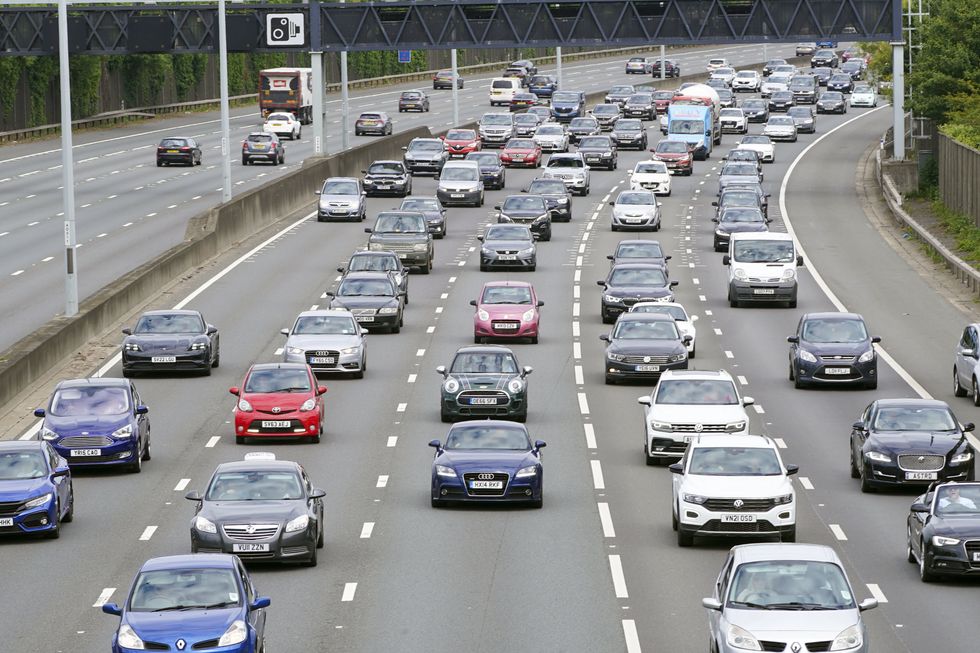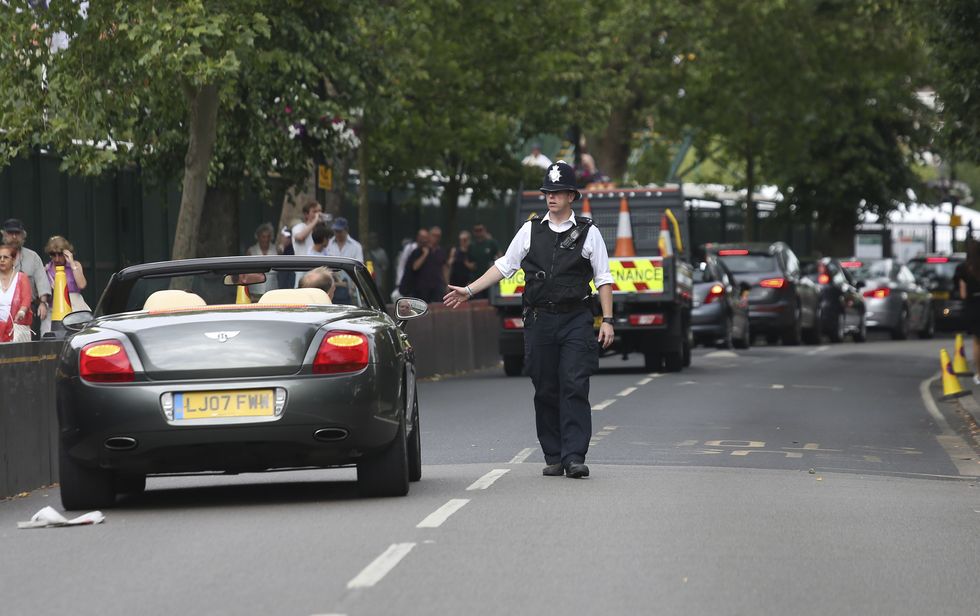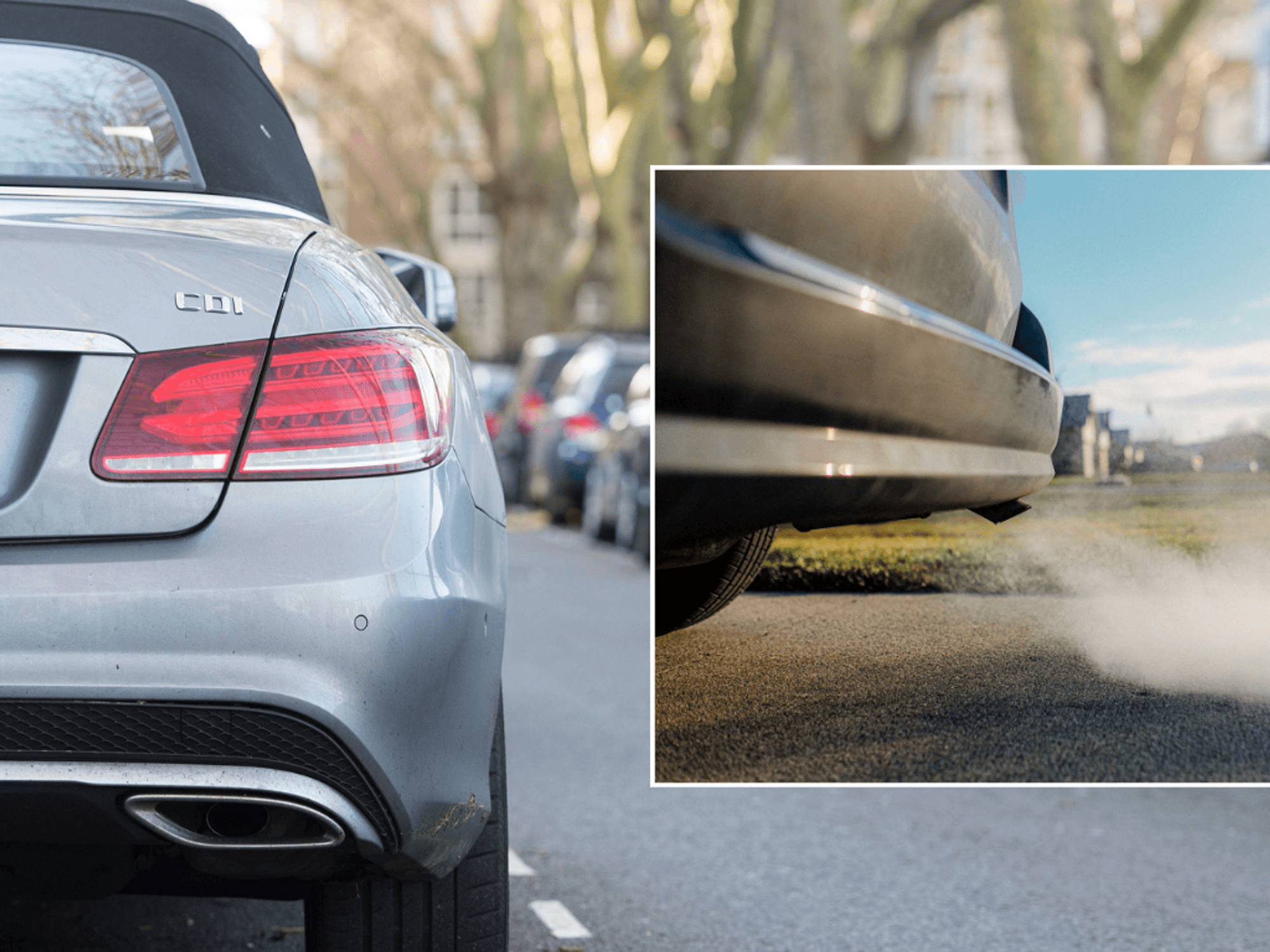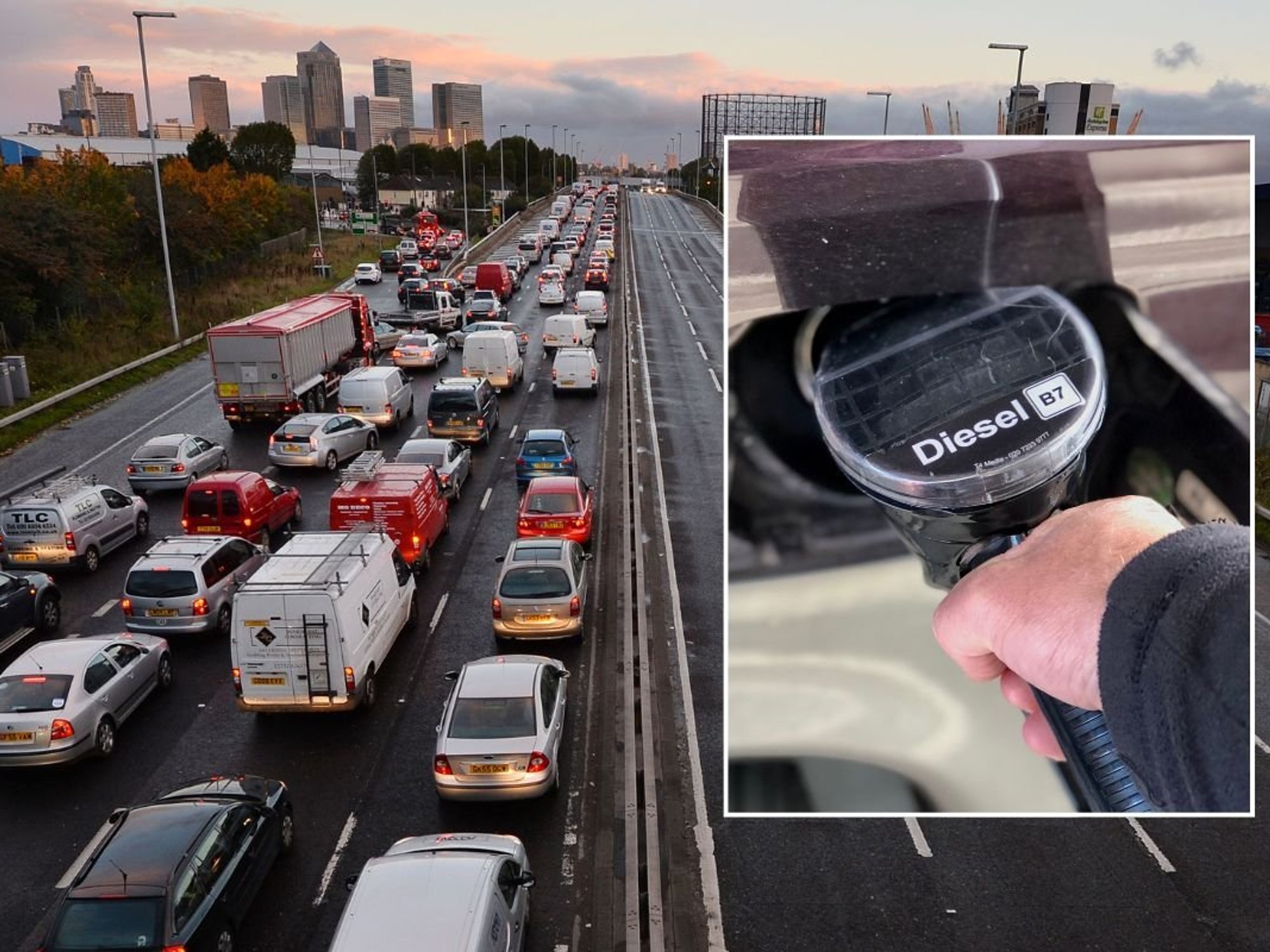Major driving law changes could be introduced under ‘ambitious’ plans to improve road safety

The aim of the proposals is to improve road safety
|PA

The report calls for harsher punishments and potentially even re-testing drivers
Don't Miss
Most Read
A number of MPs are calling for widespread, sweeping driving law changes in a bid to make travel safer for all road users.
The All-Party Parliamentary Group for Cycling and Walking (APPGCW) have put forward a number of suggestion and recommendations for driving law changes.
The APPG split its recommendations into two sections, Group A which consists of “ambitious” and “feasible” recommendations, with Group B being “relatively uncontroversial” and could be introduced fairly rapidly.
One of the first measures in Group A includes escalating penalties for drivers who repeatedly offend when on the road.

The report calls for greater knowledge of the Highway Code changes
|PA
Police data between 2014 and 2017 found that 47 per cent of people convicted for driving whilst disqualified had at least one previous conviction for the offence.
A further 30 per cent had two or more convictions, resulting in the group of MPs to call for more action to be taken to prevent this from happening.
The AAPGCW recommends that the Government considers the introduction of escalating penalties for repeat traffic offences.
This should span the range of punishments, including the potential for bans, vehicle confiscations, fines and community and custodial sentences.
It highlighted how some facets of the criminal system already deal with punishments including the “three strike system” used for drug dealing and domestic burglary in England and Wales.
Another recommendation included compulsory re-testing for motorists who want to drive again following any period of disqualification.
The report states: “Many traffic offences are committed by people who are not competent to drive. A generous explanation is that it is some time since they passed their test and certain crucial lessons have been forgotten.
“If so, re-testing is a suitable response, as it will enable those lessons to be re-learnt and establish whether the individual is fit to continue driving.
“In the case of those who habitually drive badly, re-testing can prove a highly effective way of keeping them off the roads, protecting other road users in the process.”
One of the Group B recommendations is for police forces to consistently undertake thorough investigations of serious collisions on the road.
It calls on authorities and other key stakeholders to develop guidance based on best practice so police forces can adopt it as widely as possible.
This could include how an investigation is conducted, which should result in safer roads and more treatment for families affected by incidents.
LATEST DEVELOPMENTS:

The report calls for harsher sentences for motorists who continue to drive after being disqualified
|PA
The report also called for a “very extensive and ongoing” communications campaign on changes made to the Highway Code in recent years.










